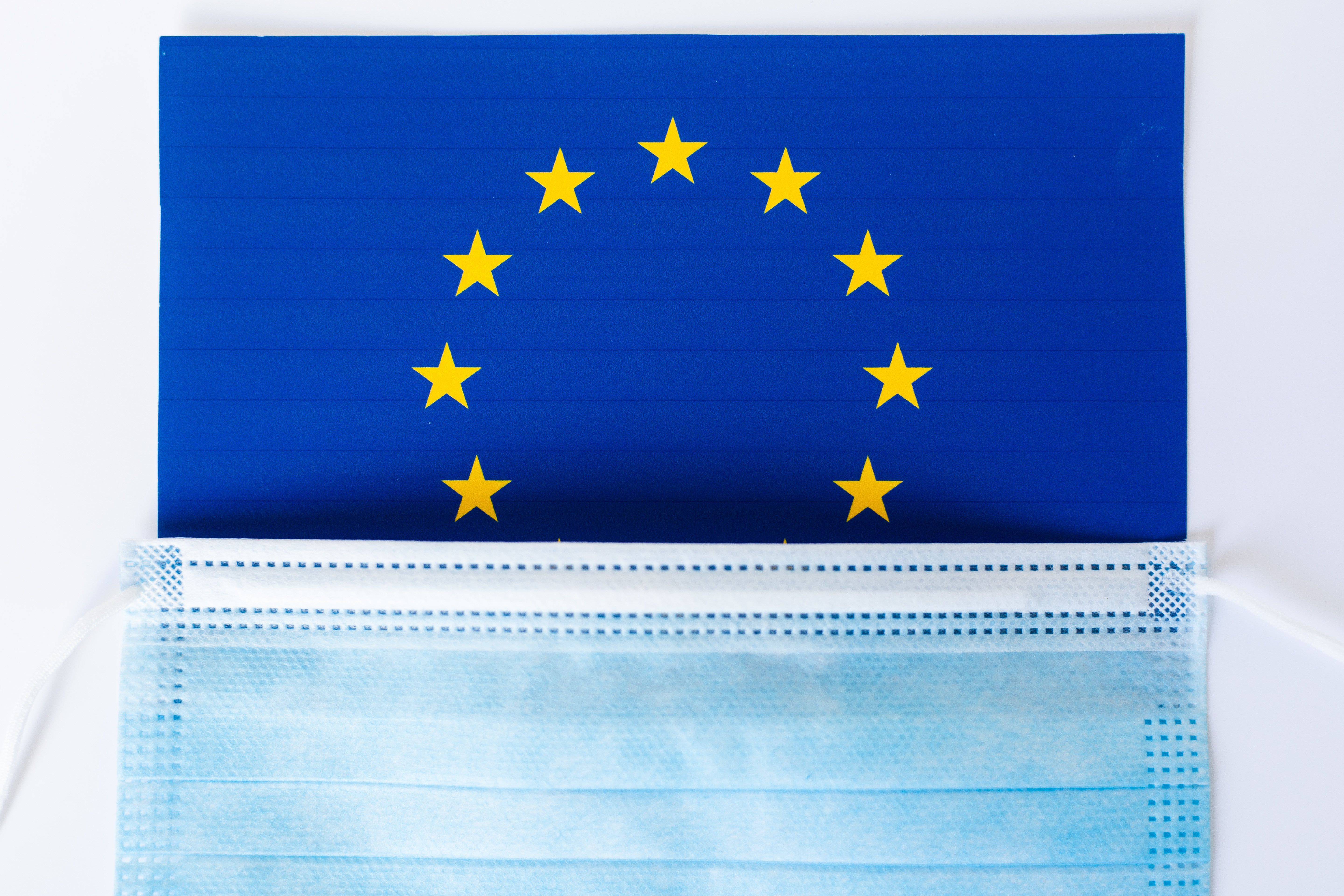What We're Watching: How the pandemic affects Europe, emerging markets, and populist leaders
How does Europe fit in? Even before the pandemic struck, Europe was struggling to redefine its role in a world where the US is a more fickle ally and China is a more assertive challenger. In particular, Brussels has been trying to style itself as a global leader in the responsible regulation of tech companies. In some ways, the pandemic has boosted those ambitions: as governments use contact tracing apps and facial recognition to help stop the spread, Brussels regulators are paying close attention. They're also cracking down on misinformation about the coronavirus. But first the EU has a bigger challenge to address. Faced with the worst economic crisis in its history, it has to prove to a rising chorus of (euro)skeptics that it is capable of cushioning the blow, and equitably rebooting economic growth across the Union. The European Commission, fearing an economic and even political fragmentation of the bloc, has unveiled an unprecedented 750 billion euro coronavirus rescue plan -- but not all member states are in favor.
Emerging markets on the ropes: While the world's largest economies duke it out for power in the post-pandemic world, many of the world's developing economies will still be digging out of the most severe shock they have experienced in generations. Faced with a quadruple hit of local economic shutdowns, collapsing demand for their exports, evaporating remittance flows, and vanishing tourism, many cash-strapped and highly-indebted developing economies are on the ropes. Poverty rates are set to rise significantly – the UN warns that as many as 500 million people could plunge below the poverty line as a result of the pandemic. In Latin America alone, a quarter of the 100 million people who came out of poverty over the past twenty years could fall right back. What's more, as the pandemic accelerates international firms' embrace of automation – robots don't get sick and can work wherever you ask them to – emerging markets that depend on manufactured exports could see millions of jobs vanish permanently. In all, the first two decades of the 21st century saw a rapid rise in the economic clout and living standards of lower-income countries. The next decade will be spent largely picking up the post-pandemic pieces.
How populism fares in all of this: One of the major trends in global politics in recent years has been the rise of populist nationalists who swept to power on promises to break the old political establishment, reverse the tide of globalization, and do more to put their countries "first." So how are they doing amid the pandemic? In some cases their innate distrust of traditional experts and weakening of state institutions has contributed to the spread of the disease: there's a reason that the US and Brazil have the two highest case counts and are among the leaders in deaths per 100,000 people. But the spread of a deadly disease across borders is also perfect fodder for leaders – like, say, Hungary's Viktor Orban, or the Law and Justice party in Poland – who argue that less economic and cultural integration is safer for everyone. How Poland's current leaders fare in an upcoming election may be a bellwether. More broadly, populism grows easily in situations of economic crisis and income inequality. The pandemic has served up both in spades. We are watching to see where populists are able to capitalize.
